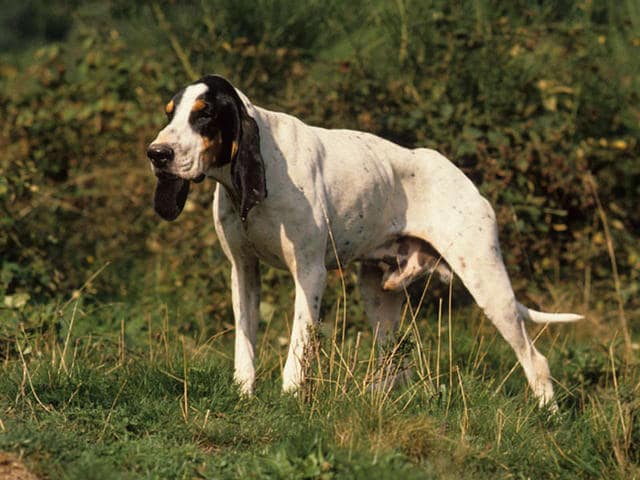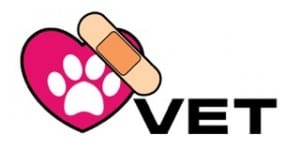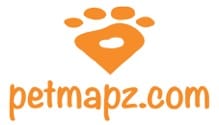Type the name of the breed you're looking for below
[wpdreams_ajaxsearchlite] Don't see the breed your're looking for? Click here and let us know!
Breed Characteristics
1 paw - breed exhibits the least amount of this characteristic
5 paws - breed exhibits most amount of this characteristic
Petit Gascon – Saintongeois
| Other Names | Small Gascon Saintongeois |
| Nicknames | Virelade Hound |
| Country of Origin | France |
| Weight | 50 - 62 lbs. (22.5 - 28 kg) |
| Height (at withers) | Males: 20 - 24.5 in. (51 - 62 cm) Females: 18 - 23 in. (45.5 - 59 cm) |
| Coat | Short, smooth, tight, profuse and weather resistant. |
| Colour | The colour of the coat is white with black patches, sometimes speckled or ticked with black. Ears and face around the eyes are black and the cheeks are tan, but there should not be a tricolour appearance. Two tan markings are above the eyes, and sometimes a tan marking is found on the base of the upper thigh, which is called the "roe buck mark". |
| Litter Size | 3 - 6 puppies |
| Life Span | 12 - 14 years |
| Origin & History | Only three old Saintongeois hounds survived the French Revolution, two dogs and a bitch. Count Joseph de Carayon-Latour in the mid-19th century crossed the last of the old Hound of Saintonge with a few of the remaining old type Bleu de Gascogne. The hounds that were white with black ticking were retained and later given the name Gascon-saintongeois. In the middle of the 20th century, hunters in the south west of France selected smaller dogs from litters of Grand Gascon Saintongeois for hunting hare and other small game. These became the Petit Gascon Saintongeois. The Grand Gascon Saintongeois is used for hunting big game including Wild boar, Roe deer and sometimes Wolf, usually in a pack. The Petit Gascon Saintongeois is a versatile hunter, usually used on hare and rabbit, but also for big game. |
| Personality | The breed is noted for its good nose, excellent voice, and beautiful gallop, important attributes in a hunting dog. It is instinctively a pack dog. It is audacious, resistant, aristocratic, and is very affectionate off the hunting fields. |
Care Requirements
| Health | There are no known breed-specific health concerns. |
| Grooming | This dog does not require a large amount of grooming. Their smooth short-haired coat is easy to look after. Owners will simply want to make sure the coat is brushed on a consistent basis. These dogs should only be given baths when they need it. A wipe down with a damp towel should suffice for the bathing aspect, (although you should bathe it with mild soap only if or when necessary; you should also dry shampoo it occasionally), however a rubber, wire, or hard bristled brush would work best for the brushing aspect. The shedding patterns of these dogs are not known. Be sure to check the ears carefully for signs of infection. The nails should also be trimmed, (particularly to avoid nail-born infections). |
| Exercise | This is a hunting dog that needs extensive amounts of exercise. Without it, the dog could become problematic for its owners. It should be taken on walks daily, and this dog is great for healthy people who love to jog and hike. |
| Other Considerations | While it can live in an apartment, it may perform better in a small yard. It is important for owners to make sure this dog is never unleashed in an unsecured area, as it may run off in the direction of the first interesting scent it picks up. It is important for owners to make sure these dogs are given lots of space to move around in. |



